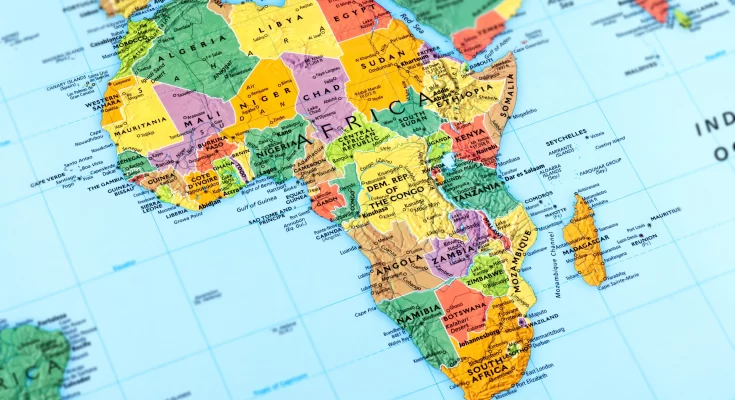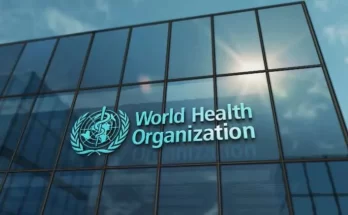A new report by PricewaterhouseCoopers capturing a series of tax activities in the African nation shows the continent as a whole is expanding its tax net.
As a solution to myriads of global trends like the Russia-Ukraine crisis affecting import-dependent nations, particularly in Africa, nations in the continent are fast looking inwards to create indigenous solutions to the issue of revenue generation and cash flow.
The above is the summary of a recent study carried out on the continent by PricewaterhouseCoopers that shows that countries in the continent through the introduction of new legislation and review of old ones are now expanding their tax net across the board.
A major innovation out of numerous revenue mobilization initiatives noticed by the study is that tax authorities in the continent continue to place a premium on indirect taxes. Also, the advocacy for running an efficient system and improved revenue collection ranks high in the list of strategies identified.
The report which doubles as the eighth edition of the value-added tax (VAT) in Africa Guide under the theme ‘Africa re-emerging’ highlights that African countries needed to place a premium on tax collection following the heavy blow dealt the continent by the advent of the Covid-19 pandemic that saw companies with high tax returns shut down during the lockdown period to curb the pandemic’s spread.
How Countries are Expanding the Tax Net
The report however highlights clearly what African countries are doing in recent times in the expansion of their various tax net. Check them out below:
- In the past year, South Africa, Mozambique and Zimbabwe updated their VAT legislation. These new provisions introduced specific legislation targeting electronically supplied services. PwC noted that this move is in line with the global trend of attempting to tax the digital economy.
- The report also predicted that Botswana is expected in recent time to introduce VAT legislation.
- The National Treasury in South Africa has also made mentioned revising the rules to account for further developments in the digital economy.
- Strides have been made to upskill South African Revenue Service staff and identify VAT revenue
- leakages, particularly in respect of foreign suppliers of electronic services to people and businesses.
- Still in South Africa, Treasury has also drafted legislation to introduce a reverse charge on gold, which is expected to come into effect later this year.
- On January 1, 2021, revenue authorities in Zimbabwe introduced a tax on the export of raw medicinal cannabis ranging between 10% and 20%.
- In South Africa, a carbon tax regime, which is being implemented in three phases, has been adopted. The second phase was scheduled to start in January 2023; however, phase one was extended by three years until December 31, 2025.
Others not captured in the report includes;
- In recent times, particularly on May 1st 2022, the government of Ghana introduced a 1.5% tax on every mobile money transaction labelled the e-levy. The tax is introduced to increase revenue generated by the government.
- Tanzania just like Nigeria is also planning to launch a central bank digital currency that will impact tax collection and control evasion.
- Led by Nigeria, nations under the auspices of the Economic Community of West African States (ECOWAS) are looking at drafting an alternative to jointly taxing the digital giant. This agreement will serve as an indigenous option to the agreement reached by 136 countries in Europe under the aegis of the Organisation for Economic Co-operation and Development, OECD.




